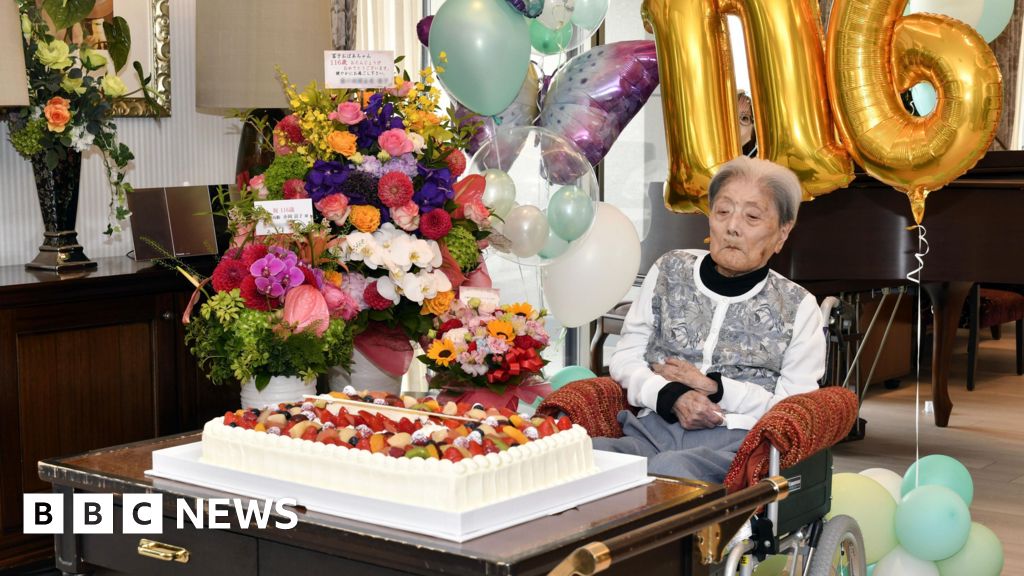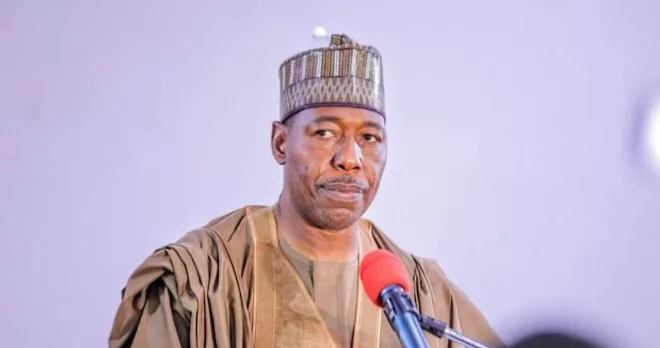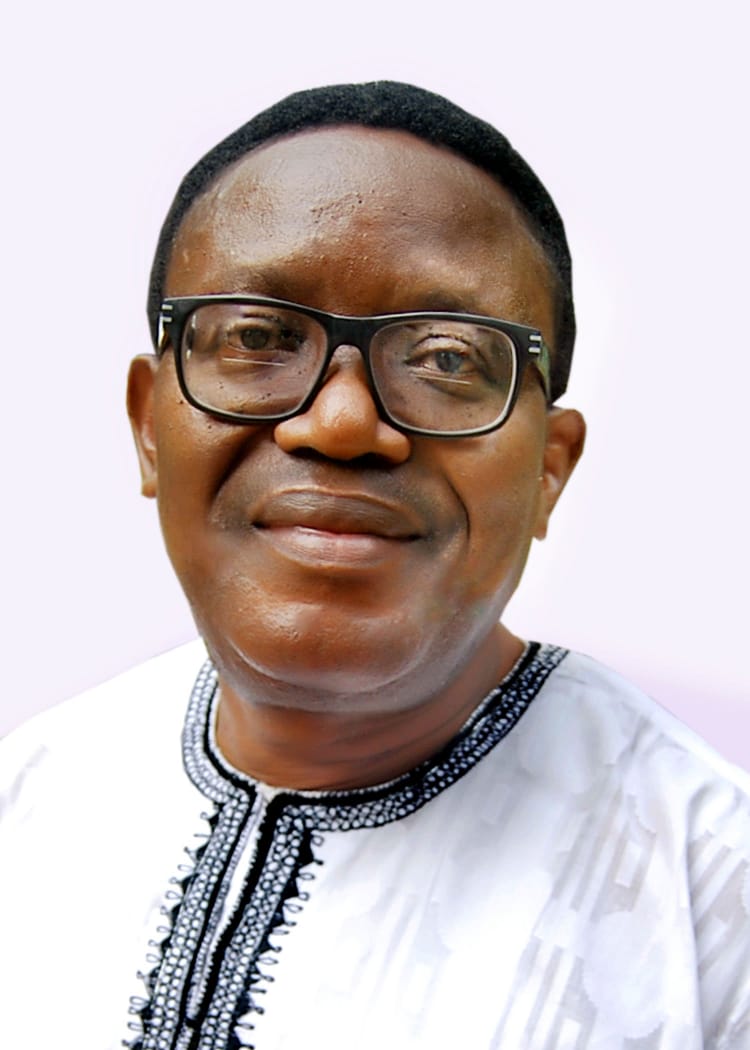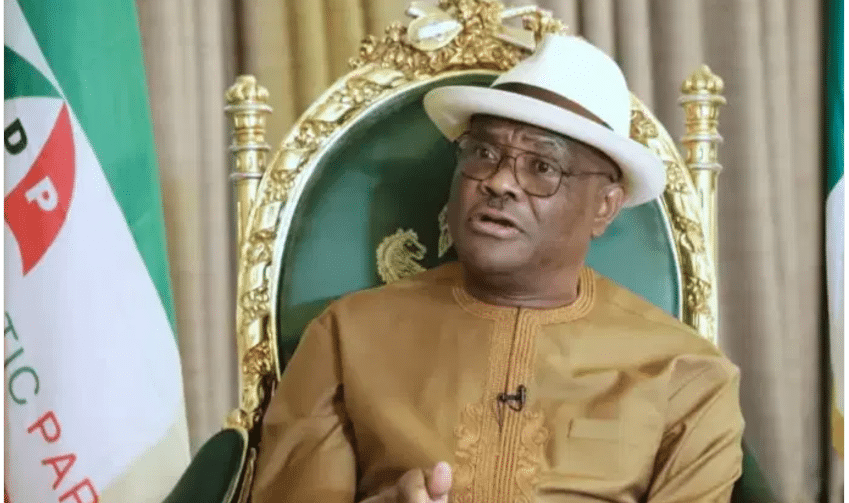
Abbas Tajudeen, Speaker of the House of Representatives
The Speaker of the House of Representatives, Tajudeen Abbas, has said the continued reliance on oil by the country will only lead to inequality, greater poverty among Nigerians and mass unemployment.
Delivering the 14th convocation lecture of Al-Hikmah University, Ilorin, on Monday, Abbas advocated that Nigeria should harness its abundant resources and human capital to diversify its economy to ensure long-term growth and sustainability.
The lecture was titled “Beyond Oil: Exploring Alternative Revenue Potential for Economic Growth and Sustainable Development in Nigeria.”
The Speaker said to secure Nigeria’s economic future, the country must decisively move beyond oil and develop sustainable pathways for inclusive growth.
“With dwindling oil revenues, global shifts toward renewable energy, and the increasing need for job creation, it is imperative that we chart a new course for economic transformation.
“This requires deliberate efforts to unlock the potential of other sectors, such as agriculture, solid minerals, technology and the creative industries.
“Achieving this transformation will secure Nigeria’s economic future and address poverty, inequality, and unemployment – critical barriers to sustainable development,” he said.
The Speaker listed Saudi Arabia, Malaysia and the United Arab Emirates as examples of countries that demonstrated that economic transformation was achievable through deliberate diversification strategies anchored on policy reforms, infrastructure investments and human capital development.
“This lecture has underscored the urgency of harnessing Nigeria’s abundant natural resources, fertile agricultural lands, burgeoning creative industries and vibrant technology sector to build a resilient economy.
“Targeted policies, institutional reforms and partnerships can unlock the potential in agriculture, solid minerals, manufacturing, ICT and renewable energy,” he said.
The Speaker said the parliament should continue to enact enabling legislation and ensure rigorous oversight of policies and programmes aimed at diversification.
“Academia has a vital role in conducting research, generating data-driven insights and developing skills essential for the new economy,” he said.
Abbas, who charged universities to strengthen collaborations with industries to drive innovation and entrepreneurship, said the private sector must embrace investments in emerging industries, support small and medium enterprises and leverage technology to boost productivity.
“As the backbone of Nigeria’s workforce, youths, including all of you in this hall, must seize opportunities in entrepreneurship, agriculture, digital technology and creative industries to redefine Nigeria’s economic narrative.
“Examples from countries like Malaysia and Singapore demonstrate how aligning government policies, academic research, and private-sector innovations can drive transformation.
“Malaysia’s focus on manufacturing and industrialisation, coupled with sustained investments in education and technology, propelled it into a diversified economy.
“Singapore leveraged its strategic policies and talent pool to become a global hub for finance and innovation. These models show that with sustained commitment, Nigeria can achieve economic stability and prosperity,” he said.
The convocation lecture was followed by the inauguration of the Faculty of Management Sciences of the university by the Speaker.
Dignitaries at the event included the representative of the Kwara State governor; members of the House of Representatives and the state House of Assembly; founder of the university, Chief Abdulraheem Oladimeji; Pro-Chancellor and Chairman of the Governing Council, Alhaja Sekinat Yusuf; the Vice-Chancellor, Prof Noah Yusuf, among others.
Also present were the leader of the Kwara University Consortium and Vice-Chancellor of the University of Ilorin, Prof Wahab Egbewole; other members of the consortium, industrialists, royal fathers, among other Nigerians.

 5 days ago
2
5 days ago
2















 English (US) ·
English (US) ·